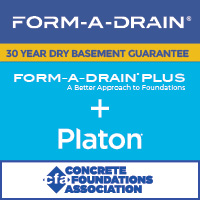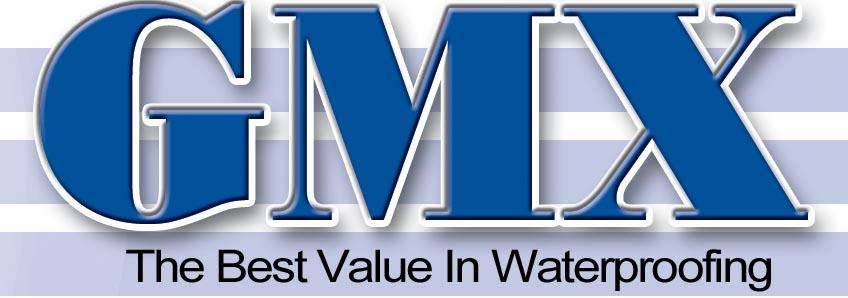ELECTION RESULTS Not Likely to Change Immigration Enforcement
by David C. Whitlock
Immigration enforcement is here to stay. The Bush Administration was successful in doubling the number of law enforcement personnel devoted to immigration enforcement. The statistics demonstrate that the Department of Homeland Security’s enforcement strategy is having positive results. Arrests of immigration violators are way up, as are criminal investigations and indictments.
The new Administration cannot afford to be “soft” on immigration enforcement. The Executive Branch must be seen to be vigorously enforcing immigration law at the border and in the interior if Congress is to consider meaningful immigration reform. As a result, employers can expect to be the target of continuing enforcement efforts, and DHS will continue to use all enforcement tools at its disposal.
Because of its past successes, DHS will continue to focus its enforcement efforts upon key, “targeted” industries which have historically employ significant numbers of legal and illegal immigrants. Thus, employers in the construction industry will continue to be subject to heightened enforcement scrutiny.
One of the most effective enforcement tools that DHS use is the threat of criminal prosecution. It is likely that the number of criminal investigations and indictments will continue to increase as DHS and Immigration and Customs Enforcement (ICE) target and prosecute employers that are knowingly employing illegal aliens.
DHS will take advantage of the No-Match Safe Harbor regulation to assert that employers receiving no-match correspondence from the Social Security Administration or “suspect document notification” from DHS are on constructive notice that they employ illegal aliens. Failure to act correctly in response to such correspondence will likely lead to criminal prosecution.
DHS will continue to encourage employers to participate in its E-Verify and IMAGE programs. As federal contractors are added to the E-Verify system, the number of employers participating is expected to approach 300,000. In order to ensure the integrity of the system and the enrollment mandates, DHS will need to focus additional scrutiny upon participating employers. It is possible that we will see more interagency cooperation and more state level participation in confirming E-Verify enrollment. For example, since OFCCP already conducts on-site audits of federal contractors, confirmation of E-Verify enrollment could be easily added to the checklist for compliance. Similarly, cooperative agreements between DHS and those states which mandate E-Verify enrollment for some or all employers would give the federal government an enhanced ability to police the E-Verify system.
Unfortunately, because immigration reform is such a polarizing issue, it remains unlikely that Congress will enact any comprehensive immigration reform legislation for the foreseeable future. Instead, we are likely to see enactment only of piecemeal, “band – aid” legislation addressing only the most urgent and critical problems. It is highly likely that Congress will extent the authorization for the E-Verify program and appropriate funds to make it more accurate and efficient.
Because Congress is not likely to enact comprehensive immigration reform legislation, more and more states will seek to regulate illegal employment. As federal contractors enroll in E-Verify, it is particularly likely that more states will enact legislation requiring state contractors and subcontractors to enroll in E-Verify also.
Given that enforcement efforts are likely to continue for the foreseeable future, prudent employers will make sure that their I-9 compliance is as good as it can get. This is so because most enforcement efforts begin with an audit of I-9 compliance. If the employer’s compliance level is fairly high, the prospects of any enforcement action against the employer diminish radically. Conversely, if the employer’s I-9 compliance is not good, DHS and ICE assume that the poor compliance is the direct result of actual knowledge that illegal workers are being employed.
******
David C. Whitlock, Esq. is a Shareholder in Littler Mendelson’s Atlanta office. For over 20 years, his practice has focused upon immigration and related compliance/enforcement issues. He can be reached atdwhitlock@littler.com.
Copyright 2008 Littler Mendelson. Used with permission.







